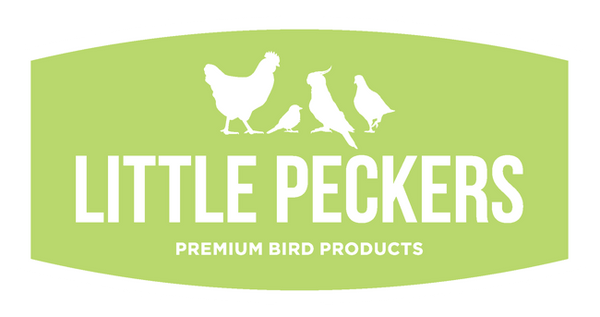The UK Populations of many species of wild birds have fallen dramatically over the last 50 years. It is important that these declines are halted in their tracks and then reversed. An understanding of how birds cope with the loss of a mate or member of their flock could aid the conservation effort.
With many animals, social structures can break down after the loss of an individual, accelerating any decline in numbers. But new research suggests that the picture is brighter for our wild birds.
Great Tits
New research has been conducted by the University of Oxford. The effect on wild birds of losing a mate or a friend could be crucial to their ability to thrive but it was feared that grieving may be having a detrimental effect on the birds. The study focussed on Great Tits which are highly sociable birds with a complex social structure that influences most aspects of their lives.
Building Relationships
Scientists from Oxford University's Department of Zoology tracked the social interactions between 500 great tits. The team were able to assess the impact of loss by removing birds from the flock at random. They discovered that the birds responded to loss by increasing the number of relationships they had with other members of the flock and also the intensity of those relationships.
The Implications of the Research
The author of the recently published study, Postdoctoral Research fellow Dr Josh Firth, commented: ""We found that individual birds adapt to losing a flock mate by increasing not only the number and tightness of their social relationships to others, but also their overall connectedness within the social network of remaining individuals. "
If birds have the ability to adapt so well to the disruption of losing individuals from their social network, information transmission may be maintained better than previously thought. The new understanding of the birds' behaviour inspires optimism in the ability of wild bird populations to recover. It also suggests that culling birds to prevent the spread of disease could be futile if the surviving animals then respond by establishing new social links.
Human Parallels
Interestingly, the study's findings parallel those of recent research into the human response to loss. This used data from Facebook which showed that friends of a deceased person become closer and interact with each other more using social media following the death.
Future Research
The scientists at Oxford University now want to test the consequences of removing key members of the birds' social network from the flock to establish the implications for both conservation and the spread of disease.
Happily it appears that the social structures of wild birds are not impacted severely by loss and so the populations of threatened species could recover more quickly than previously thought.

